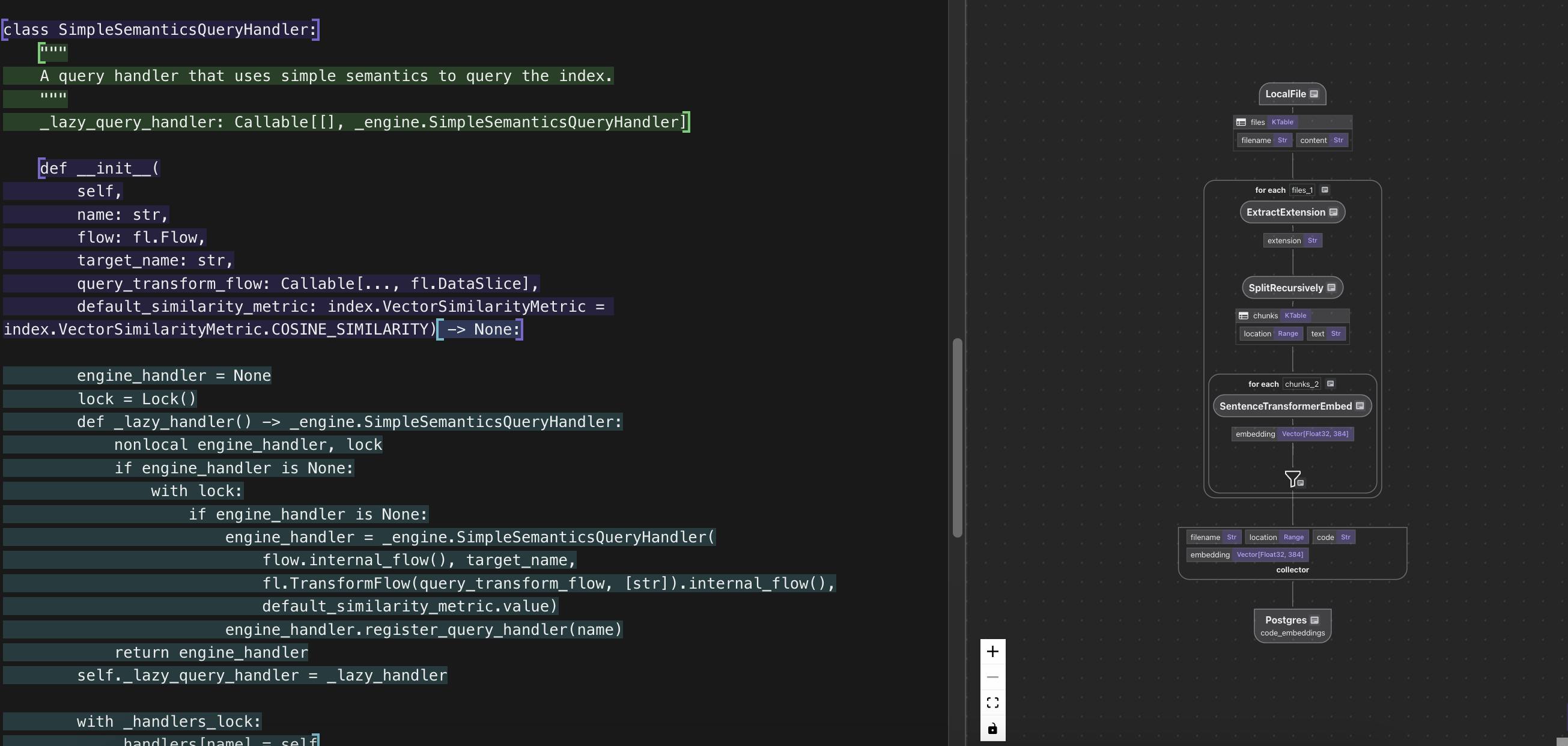At Google Cloud Next 2025, Google announced the Agent Development Kit (ADK), an open-source framework aimed at simplifying the development of intelligent, multi-agent applications. The toolkit is designed to support developers across the entire lifecycle of agentic systems — from logic design and orchestration to debugging, evaluation, and deployment.
ADK has already been adopted internally at Google to power systems such as Agentspace and the Customer Engagement Suite (CES). With this release, Google is opening up access to the same tools used in production environments, giving external developers the flexibility to build and deploy agents on their own terms.
The framework is built around several core concepts. Developers can define modular agents specializing in different tasks, then compose them into larger systems using built-in workflow components — including sequential, parallel, and looping agents- and support for LLM-driven routing through dynamic transfer mechanisms. These components allow agents to interact conditionally or cooperatively depending on context.
Model integration is handled through Google’s Vertex AI Model Garden, which includes Gemini models, but ADK is also compatible with a broad ecosystem via LiteLLM. This allows developers to access models from Anthropic, Meta, Mistral AI, AI21 Labs, and others without changing core logic. ADK supports tool usage via pre-built tools, external libraries like LangChain or LlamaIndex, and even other agents acting as tools using graph-based orchestration systems such as LangGraph and CrewAI.
Furthermore, ADK includes bidirectional streaming support for audio and video, enabling more natural and multimodal interactions. Developers can test these capabilities locally using a command-line interface and a visual web-based UI, which lets them inspect state, trace execution steps, and debug agent decisions in real time.
Evaluation tools are integrated to assess outcomes and intermediate steps. Developers can create custom test cases to measure system behavior, enabling performance audits at various levels, which is increasingly essential as agentic systems become more complex.
AI researcher Cherokee Schill noted that while ADK’s technical capabilities are promising, the release raises questions about responsibility in agentic design:
If this becomes a core part of the agent stack, we need to ask harder questions. What happens when systems begin to act with autonomy—not in the human moral sense, but in the agentic sense of pursuing delegated goals with minimal supervision? Who defines the orchestration logic? Who audits the outputs?
She emphasized the need for evaluation metrics that go beyond task success:
Built-in evaluation is a start. But what gets measured? Speed and task success are not enough. We need tools that trace bias, test resilience, and flag emergent behavior before it causes harm.
The open-source nature of the ADK has been recognized for its potential to support community-driven infrastructure in the agent space. Pranith Jain, an IT support specialist, highlighted the significance of accessibility:
One idea could be to add more detailed documentation or tutorials for those just starting. Open-source projects really benefit from community input, and having clear instructions can help new users get on board more easily.
Agent Development Kit is available now via the GitHub repository.









